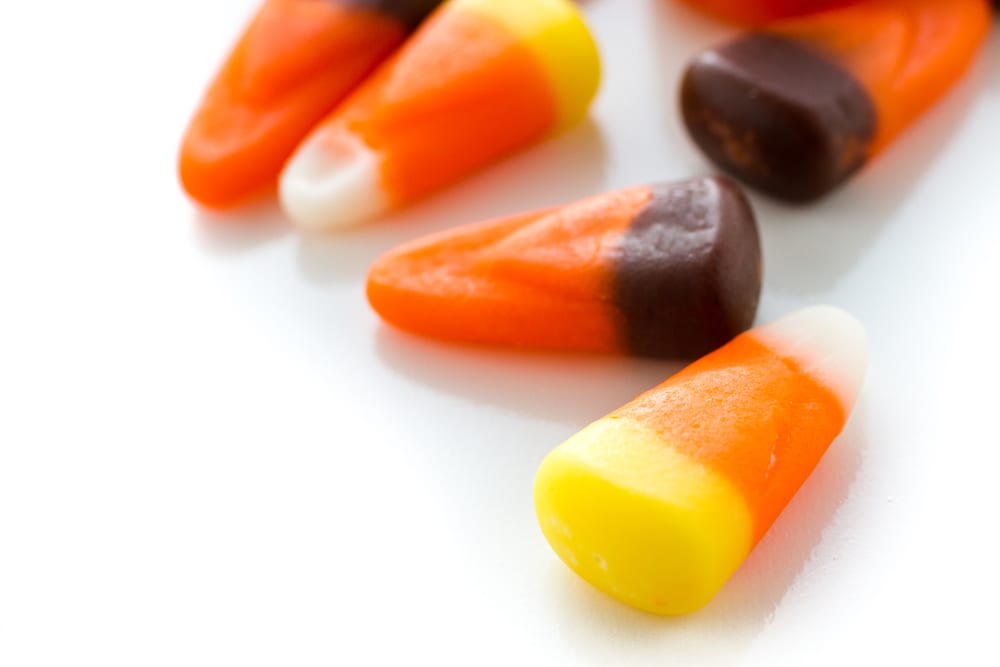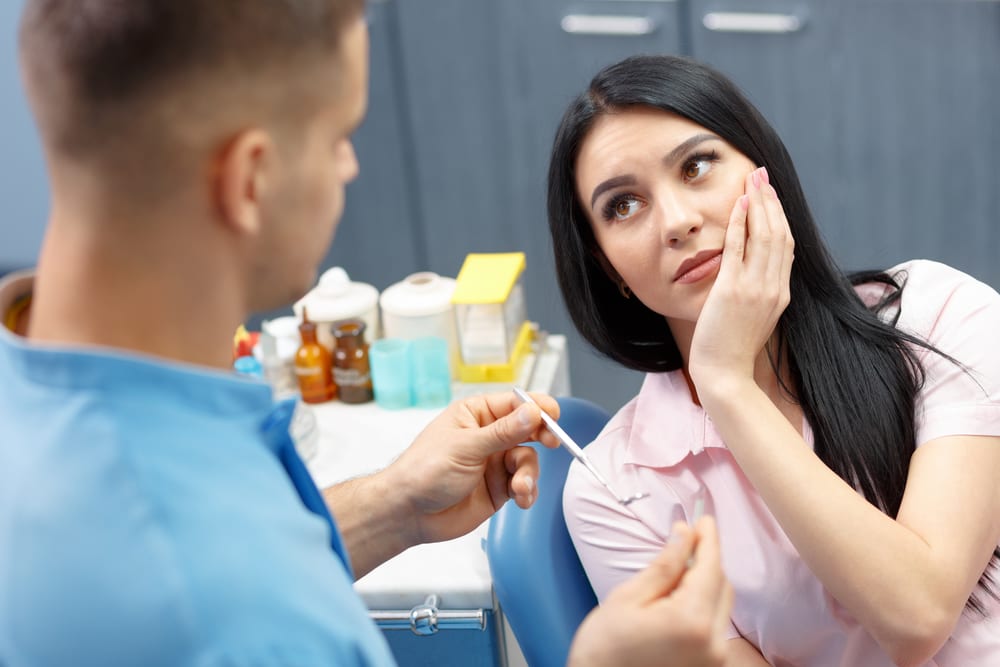Pop quiz! What causes cavities (tooth decay)? Is it refined sugar? Candy and soda? Not brushing your teeth properly? Missing dental appointments? Halloween candy?
While all those possible answers can play a role in tooth decay, they are not the precise cause of it. A more accurate label for the cause of tooth decay is something that 100 percent of the population has in their mouths right now: bacteria. This may seem worrisome, because you can never remove all mouth bacteria from your oral cavity–nor would you want to, because some mouth bacteria do good things! But understanding how bacteria cause cavities can help you better understand how to prevent tooth decay.
Do you need a Clinton NJ family dentist? Visit Quality Dentistry at Walnut Pond. Drs. Victoria Uryniak and Carson Ferris-Zeolla will help your family’s smiles stay healthy and free from decay. Call 908-200-7007 or make an appointment online!
How Bacteria Change Your Mouth Environment
Mouth bacteria consume the same things you eat, and create acidic excretions. (Yes, mouth bacteria poop acid, if you want to look at it that way.) Those acids, in turn, do what all types of acid do: corrode softer materials. In the case of your mouth, acids leach minerals from your tooth enamel and leave soft spots of demineralization on the teeth. If we can catch those soft spots early enough, we apply fluoride to strengthen and remineralize the tooth. If we don’t find your soft spots and treat them, they may eventually create a hole, or cavity, in the tooth.
Bacteria are not the only cause behind an acidic mouth environment, incidentally. Acidic foods and beverages can also play a role in enamel damage. If you drink lemonade all day long, you might find your teeth starting to erode, or wear down, at the edges. Pool water and stomach acids in the mouth also have a weakening effect on tooth enamel.
Prevent Tooth Decay: “Do Not Feed the Animals”
When it comes to the harmful bacteria in your mouth, the best way to prevent them from doing their dirty work is to starve them as much as possible. Do not give them the food sources that cause the acidic excretions that dissolve tooth enamel. Mouth bacteria thrive on starchy and sugary food residues. If you can keep those off the teeth, you’ll stay ahead of the game.
This does not mean you need to start brushing your teeth after every meal or snack. Over-brushing your teeth can be harmful to your gums and tooth enamel. Instead of brushing away food residues constantly, consider these alternate strategies to “starve” mouth bacteria:
- Don’t let sugars and starches sit on the teeth for long periods of time.
- Drink water and sugarless beverages frequently, to rinse food residues from the mouth.
- Chew sugarless gum after starchy and sugary foods. This stimulates saliva and helps remove residues.
- Eat foods that bacteria aren’t interested in: vegetables and fruits.
- Eat foods that clean the teeth after less mouth-healthy foods. Eat a crunchy apple after your potato chips and it will help remove the starchy residue.
Plaque and Calculus
You probably know that plaque is the sticky biofilm that develops on the teeth after you consume food and beverages. If you don’t clean plaque from the teeth regularly, it may even feel fuzzy on your teeth, as though your enamel is growing moss. You can successfully remove plaque from the teeth with a toothbrush, but any spots of plaque that don’t get brushed away may harden into tartar (calculus). This calcified form of plaque can develop in as little as 48 hours. Once it hardens, it is no longer water-soluble and can only be removed at the dentist’s office during a dental cleaning. That’s why it’s important to brush the teeth thoroughly every single day. When tartar forms on the teeth, it offers another food source for bacteria, and a cavity may soon follow.
Key Take-Aways on Tooth Decay
Ultimately, most of us understand the importance of limiting sugary and starchy foods and beverages to prevent bacteria from feasting in our mouths. The longer you leave bacteria-friendly residues on the teeth, the more acidic your mouth environment will be and the greater your risk of tooth decay. As we approach candy season (Halloween), you can take advantage of this knowledge to change how you and your family consume your favorite sweet treats.
- It’s best to eat only a few pieces of candy at a time. If the mouth environment stays acidic for hours on end, you increase the risk of tooth decay.
- Give your mouth long periods of time without sugar to neutralize bacterial acids with saliva or neutral beverages (water, milk).
- Drink plenty of water when consuming Halloween candy.
- Work in some mouth-healthy (vegetables and fruits) foods between candies to remove excess sugary residues.
- Don’t eat candy just before bed. It may be too difficult to brush away sugary residues before your saliva gets the chance to rinse them away.
Visit our office if you need a Clinton, NJ family dentist. Call 908-200-7007 or make an appointment online!







